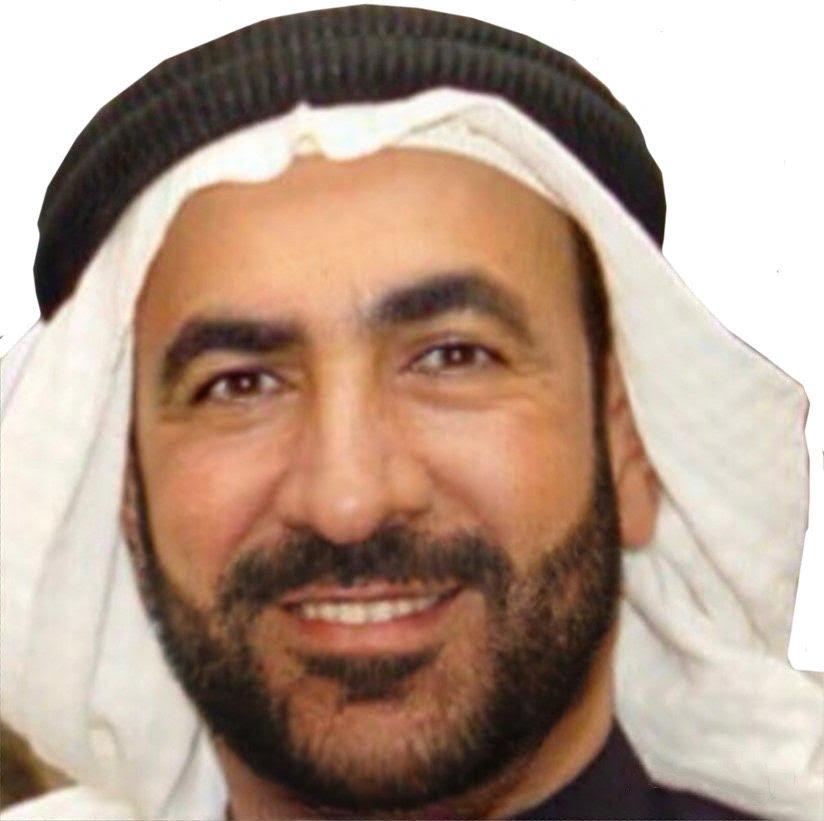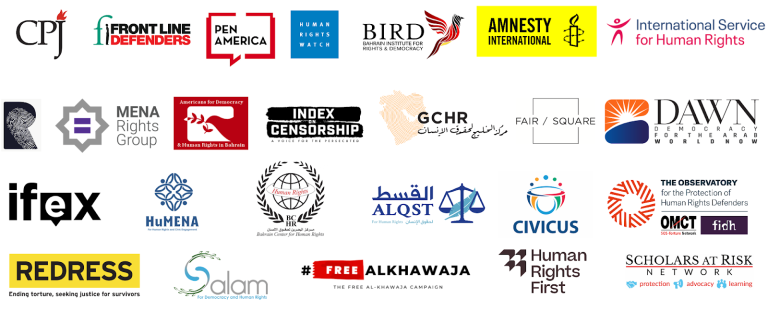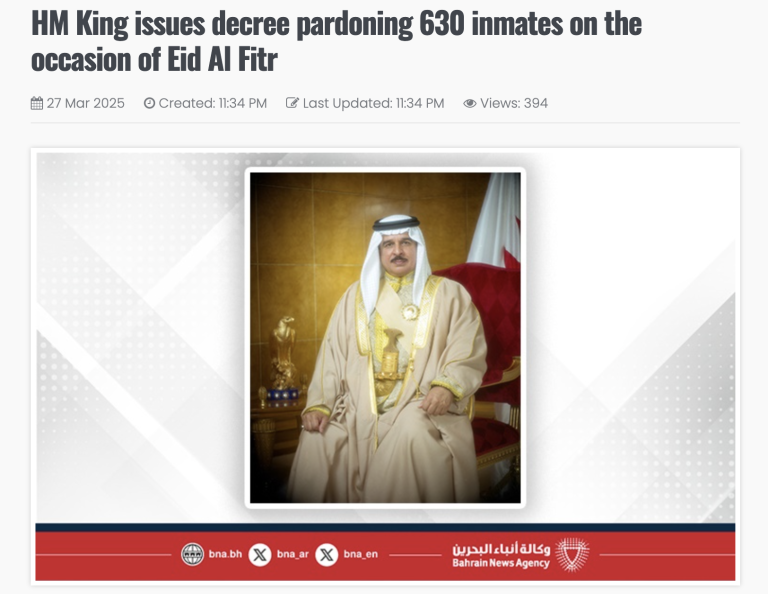(Beirut) – Bahraini authorities should not contest the appeal of Abdullah al-Shamlawi, a lawyer, to vacate his conviction and eight-month prison sentence for tweets, Human Rights Watch and the Bahrain Institute for Rights and Democracy said today. The authorities should cease prosecuting Bahraini defense lawyers for exercising their right to free speech.
Al-Shamlawi has represented prominent opposition figures, including Sheikh Ali Salman, the imprisoned leader of Bahrain’s largest opposition party, al-Wefaq. Bahrain’s High Court of Appeal is expected to rule on al-Shamlawi’s appeal on September 14, 2020.
“Bahrain’s prosecution of Abdullah al-Shamlawi represents the latest in a campaign of judicial harassment against defense lawyers and human rights defenders,” said Sayed Ahmed Alwadaei, director of the Bahrain Institute for Rights and Democracy. “Bahraini authorities should stop using vague penal code provisions to punish people solely for exercising their right to free expression.”
On June 30, a criminal court convicted al-Shamlawi on charges of “incit[ing] hatred of a religious sect” and “misusing a telecommunications device.” The charges involved two September 2019 tweets in which al-Shamlawi expressed critical views on religious practices related to Ashura, the most important date in the Shi’a religious calendar.
The court also convicted al-Shamlawi of “deliberately caus[ing] inconvenience to others by using telecommunication devices” for his 2018 tweet regarding an article in the pro-government newspaper Al Ayam in which he incorrectly said that the Bahraini featured in the article was a naturalized South Asian. Prosecutors interviewed al-Shamlawi about the tweet at the time, but brought no charges. The decision to prosecute him almost two years later on this dubious charge, even though other people who at the time had posted the same misinformation were not charged, indicates an apparent determination to punish al-Shamlawi under any available pretext, the organizations said.
Al-Shamlawi is free on bail pending his appeal. On July 28, Bahrain’s Disciplinary Board of Lawyers prohibited al-Shamlawi from practicing law for one month, following a request by Justice Minister Khalid bin Ali Al-Khalifa. The board is comprised of lawyers and judges appointed by the justice minister for two-year terms.
Bahrain is party to the International Covenant on Civil and Political Rights, which protects freedom of expression. The United Nations Human Rights Committee, which interprets this treaty, has stated that prohibitions of “lack of respect” for religions or other belief systems are, in principle, violations of freedom of expression.
Al-Shamlawi’s prosecution reflects a pattern of official harassment of lawyers who criticize the government, the organizations said. In May 2019, the authorities charged a prominent human rights lawyer, Abdullah Hashim, with sharing “fake news” for eight tweets between May 2017 and April 2019 highlighting government corruption and other social and political issues in Bahrain. He is expecting the final verdict on his case on September 29.
Other prominent civil society figures, including the human rights defender Nabeel Rajab and the opposition leader Ebrahim Sharif, have faced similar judicial harassment for their social media activity in recent years, reflecting a concerted effort to punish online dissent.
“Lawyers who defend dissidents or unpopular defendants should not be targeted for reprisal by the government,” said Joe Stork, deputy Middle East director at Human Rights Watch. “Bahrain should stop using dubious provisions in the law to harass and persecute the lawyers who defend opposition activists and human rights.”





